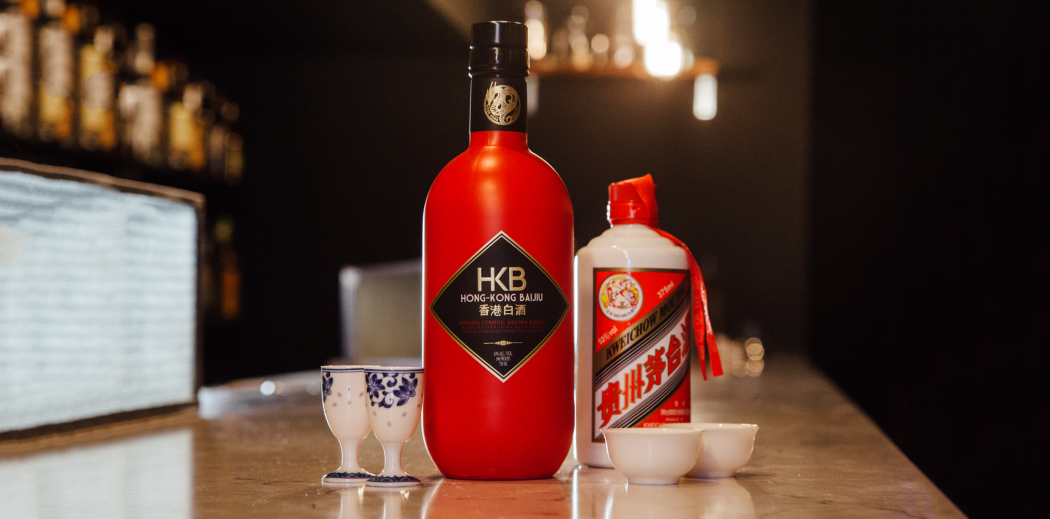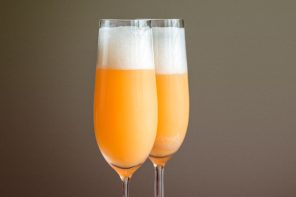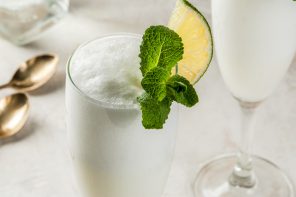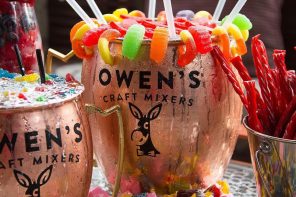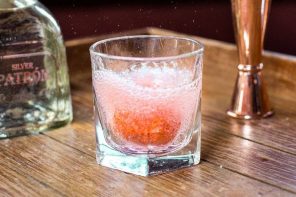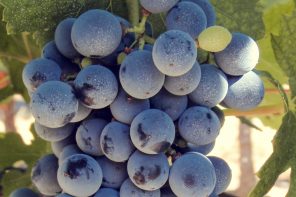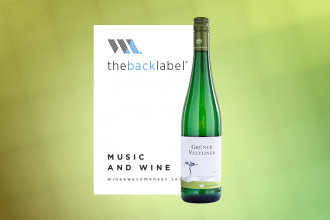Baijiu (“bye-joe”) isn’t just China’s preferred spirit, it’s the most popular spirit in the entire world. The thing is, most Westerners have never tasted or even seen a bottle of the stuff.
Until recently, this complex white spirit hadn’t made it out of its motherland. But as more American drinkers seek spirits that’ll spice up their liquid lives, more Baijiu arrives on American shores. Some of the best bars, mixologists and spirit enthusiasts have put Baijiu on the menu and are mixing it into cocktails across the USA. China’s signature booze can now be found in taste making cities like New York, Houston, Las Vegas, Los Angeles, Sacramento, San Francisco and Seattle.
We sat down with Charles Lanthier, the founder of HKB Baijiu, to learn more about the liquid that has the potential to be the next big thing in the world of adventurous drinking.
The first thing to know is that every single brand of Baijiu tastes different- quite different. Because of the way the spirit is made, the smallest differences in ingredients and environment lead to significant changes in flavor. Our second fun fact is that Baijiu has not been officially categorized in the way that wines, whiskeys and other spirits have. These four basic styles are broad, but they should help you figure out just what kind of Baijiu you want to be drinking.
1) Rice Aroma Baijiu
According to Charles “there are four categories of Baijiu, four general categories. There’s rice aroma Baijiu, coming from the south of China. This Baijiu is a little bit lighter in flavor.” Charles notes, “often the rice aroma Baijius are not the higher end Baijius.”
Baijius like these (made with glutinous rice) are typically sweeter and more mellow. Popular brands include Lao Guilin and Guilin Sanhua Jiu. Certain types of rice aroma Baijiu may be classified as either a white spirit (baijiu) or a yellow spirit (huangjiu). Unlike strong and sauce aroma Baijius, rice aroma Baijius are quite hard to come by outside of Southern China.
2) Light Aroma Baijiu
“Light aroma Baijius,” says Charles, “are made in the north, around the Beijing area. The leading brand in this category is called Red Star. The difference here is that light aroma Baijius are sorghum based and not rice based.”
Though these Baijius may have a “light” aroma, their alcohol content is far from it. Certain light aroma Baijius are bottled at 56% ABV, a percentage that puts even the strongest Scotch to shame.
3) Strong Aroma Baijiu
“There’s the strong aroma Baijiu, these are mostly coming from Sichuan. Strong aroma Baijius are among the two leading categories in the upper scale of Baijiu.”
These Baijius typically come from Southwest China and are made with at least two different grains. While rice aroma and light aroma Baijius are made with rice or sorghum respectively, strong aroma Baijius are made with multiple grains.
For example, Shui Jing Fang (a popular strong aroma Baijiu) is made with about 36% sorghum and 74% grain. Charles’ HKB Baijiu is a 5-grain Baijiu made with rice, sticky rice, sorghum, corn and wheat. Because of the variety of grains used, strong aroma Baijius exhibit more complex flavors and aromas.
4) Sauce Aroma Baijiu
“There’s the strong aroma, then there’s Moutai, which is its own category, the sauce aroma.” Charles adds “some people say it smells like soy sauce, others just say it smells complex.”
“With Kweichow Moutai, you have to think about something different, it’s still Baijiu, but ‘Baijiu’ just means “white spirit.” The only real rule is that Moutai decides, they are state sponsored and drive Baijiu in China. They organized the spirit competition. It’s all Moutai. Remember, it’s more valuable a brand than Johnnie Walker.”
While Kweichow Moutai is the Baijiu, it may not be the most palatable to Baijiu beginners unfamiliar with the complexities and new flavors Baijiu brings to the palate. Nevertheless, it constitutes its very own category in the Baijiu world. If you’re feeling saucy, this is one to try out. But beware, you’ll have to be willing to part with some serious cash to try out Kweichow Moutai- 375 ML of the stuff costs $160.00.

